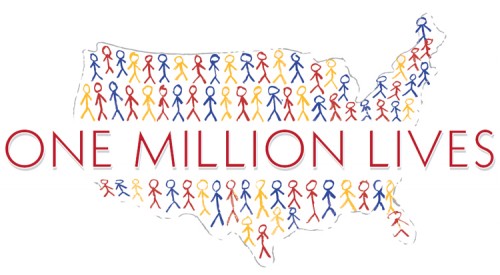Back-to-school ‘15 in Jackson, Mississippi looks better than ever. For years, Jackson families awaited passage of the legal framework that would enable the creation of new charter schools, and then for approval of actual new schools. Leaders sought a way to offer families better options than the D- and F-rated schools where some students languished. Finally, the state’s first charter schools—Reimagine Prep and Midtown Public Charter School—opened their doors in Jackson just weeks ago.
While the state passed a “conversion” charter school law in 2010—which allowed failing traditional schools to be converted to charter schools—the Mississippi Charter Schools Act of 2013 offered a more robust reform opportunity. It created the Mississippi Charter School Authorizer Board (MCSAB) and granted it the authority to solicit and approve applications for new and conversion charter schools. Mississippi hosts few vendors and has limited charter support organizations, so the MCSAB—the state’s only authorizer—is currently working to establish a charter school infrastructure.
MCSAB board members hired NACSA to craft and run its first two application cycles in 2014. For the 2015-2016 application cycle MCSAB is self-sufficient, enlisting NACSA solely as an independent third party evaluator of its applications.
The board is staffed by Executive Director Marian Schutte, who joined the effort to take MCSAB to the next level in November 2014.
Leveraging 25 Years of Lessons to Set High Expectations
The passing of the Mississippi Charter Schools Act in 2013, establishment of the MCSAB, and the appointment of its new executive director is not an accidental coalescence.
“There are real advantages to joining the authorizing community at this time,” Schutte explains, “For one, we’ve learned from the past 25 years of charter school authorizing and our partnership with NACSA has assisted the board in following national best practices from day one.” Marian Schutte moved to Mississippi to lead the MCSAB after teaching in a New Orleans charter school post-Katrina and working on the Louisiana Department of Education’s Portfolio team. Marian is also participating in NACSA’s 2015 Leaders Cohort, a unique professional development opportunity to share best practices and explore what it means to lead in a dynamic environment.
While many authorizers across the United States—even the most resourced and experienced ones—have two stages of review for charter operator applicants, the MCSAB has already modified its process to be more rigorous and comprehensive.
“We wanted to communicate our high expectations to charter school operator applicants while also managing applicants’ expectations through the process, so we asked NACSA to help us create an additional stage,” says Schutte. This time around if charter school operators want to educate students in Mississippi communities, they’ll need to pass through three stages of review:
First Stage: Application Completeness Review
Applications are reviewed to ensure that all required materials have been included.
Second Stage: Threshold Quality Review
Applications are reviewed for quality of content. For instance, if a school has flushed out their pre-opening plan, then the quality of that content positively impacts the application moving on to the third stage. The criteria for this stage are based on seven thresholds, including targeted student populations, sound financial and startup plans, as well as legal obligations to ELL and SPED students.
Third Stage: Full Application Review
Each application is individually assessed by the third party evaluation team and not compared with other applications.
Guaranteeing Student Success
The MCSAB is proud of the rigor and high bar its application review has set, and sees a multitude of opportunities from this additional stage.
“We know it helps us manage our resources,” Schutte adds, “As a startup, it enables us to focus on applications that have the highest likelihood for approval and yet the most important opportunity the three stage process presents isn’t for us, administrators in the authorizing office; it’s for the students and families in Mississippi’s communities. MCSAB has made a commitment to authorizing high-quality schools and Mississippi’s children are counting on us to authorize and launch schools correctly from the beginning. I believe we are well on our way to doing just that.”



